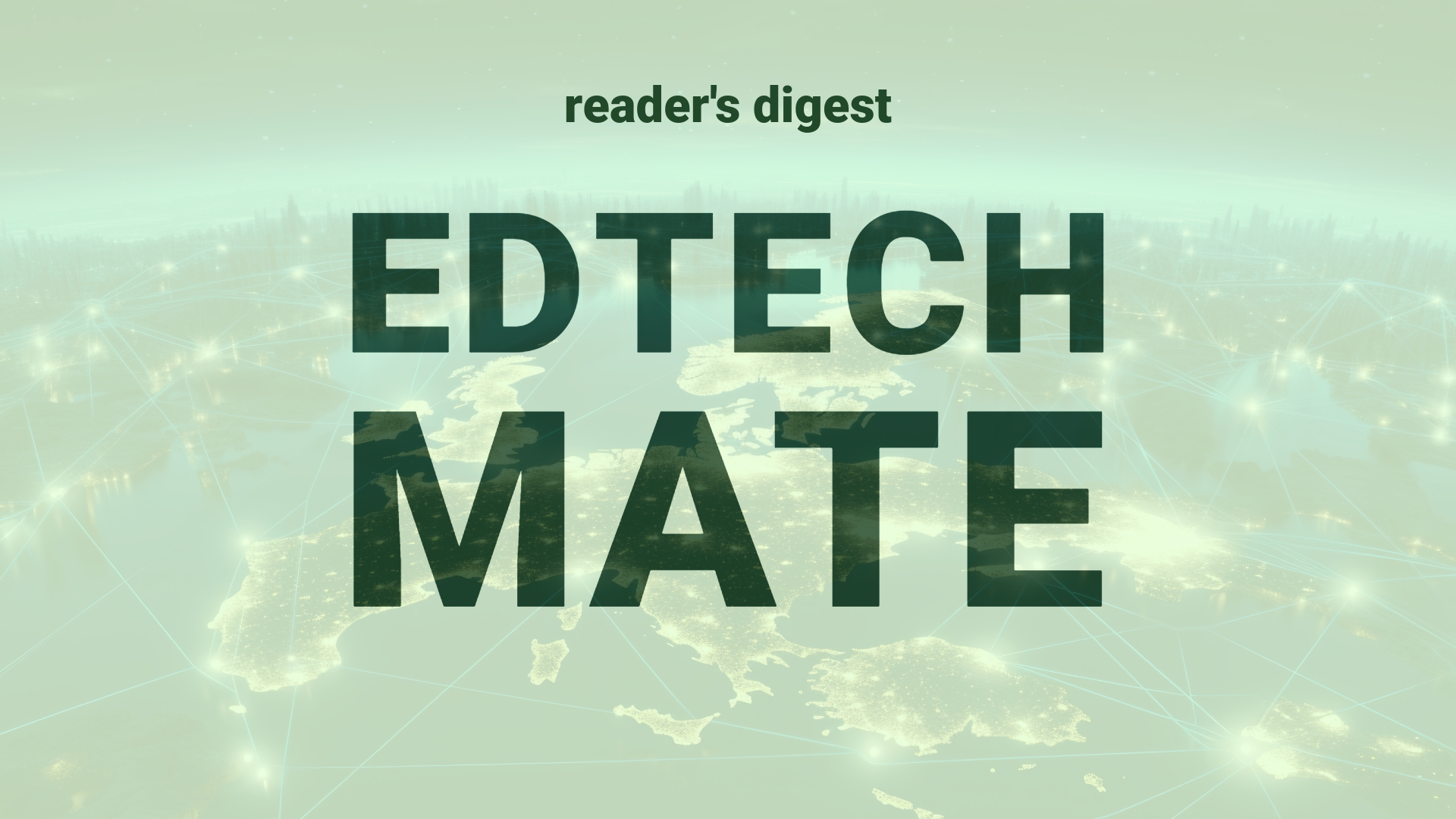Executive Summary and Main Points
Mckinsey’s research involving over 5,000 travelers across various geographies highlights significant behavioral, motivational, and expectation differences among tourists. The study emphasizes the growing importance of travel as a priority, rather than just an interest, especially post-pandemic. Important distinctions were noted across generations—Gen Z’s inclination towards novel experiences and international travel, and baby boomers’ preference for ease and convenience. Further, distinct travel archetypes and the crucial role of technology in travel planning were identified. Moreover, key sector-specific language reveals a strategic focus on tailoring travel offerings to meet diverse needs and using data analytics to enhance travel experiences.
Potential Impact in the Education Sector
The insights from tourism behavior can significantly inform Further Education, Higher Education, and Micro-credential pathways in global higher education. The emphasis on experience over possession, especially among younger generations, underscores the need for educational institutions to provide experiential learning opportunities. Utilizing digitalization for student recruitment, engagement, and tailored educational experiences becomes vital. Additionally, strategic partnerships between educational providers and digital platforms can facilitate international exposure and intercultural learning, aligning with the trend of searching for new experiences.
Potential Applicability in the Education Sector
Data-driven personalization can be mirrored in the education sector through AI and digital tools to customize learning pathways, suggesting that institutions might develop AI-powered platforms to guide students in their educational journey. Just as travel companies may tailor experiences based on traveler archetypes, universities could use similar analytics to address diverse learner profiles. Social media’s influence on younger travelers also hints at the potential for higher education marketing, where institutions can harness these platforms to attract and engage prospective international students.
Criticism and Potential Shortfalls
There is a risk of technology fatigue and the potential for a digital divide amongst different age groups, reminding educators of the importance of inclusive tech strategies. Overreliance on analytics may result in overlooking the nuanced needs of individuals. Real-world examples, such as the use of gen AI in travel planning, suggest the importance of balancing technology with the human touch—a consideration that applies equally in the education sector. Moreover, ethical considerations around data privacy and cultural sensitivity remind us to tread cautiously when employing data analytics in an international context.
Actionable Recommendations
Educational leaders should consider implementing AI and digitalization strategies tailored to the nuanced needs of different student demographics. They should leverage social media for outreach and foster a community where experiences can be shared. Additionally, they should design learning environments that offer an optimal blend of technology and personal interaction, responsive to the diverse backgrounds of international students. Strategic partnerships can be developed with tech companies to facilitate state-of-the-art, personalized educational experiences, offering micro-credentials and other innovative forms of certification.
Source article: https://www.mckinsey.com/industries/travel-logistics-and-infrastructure/our-insights/a-new-itinerary-for-the-tourism-industry

